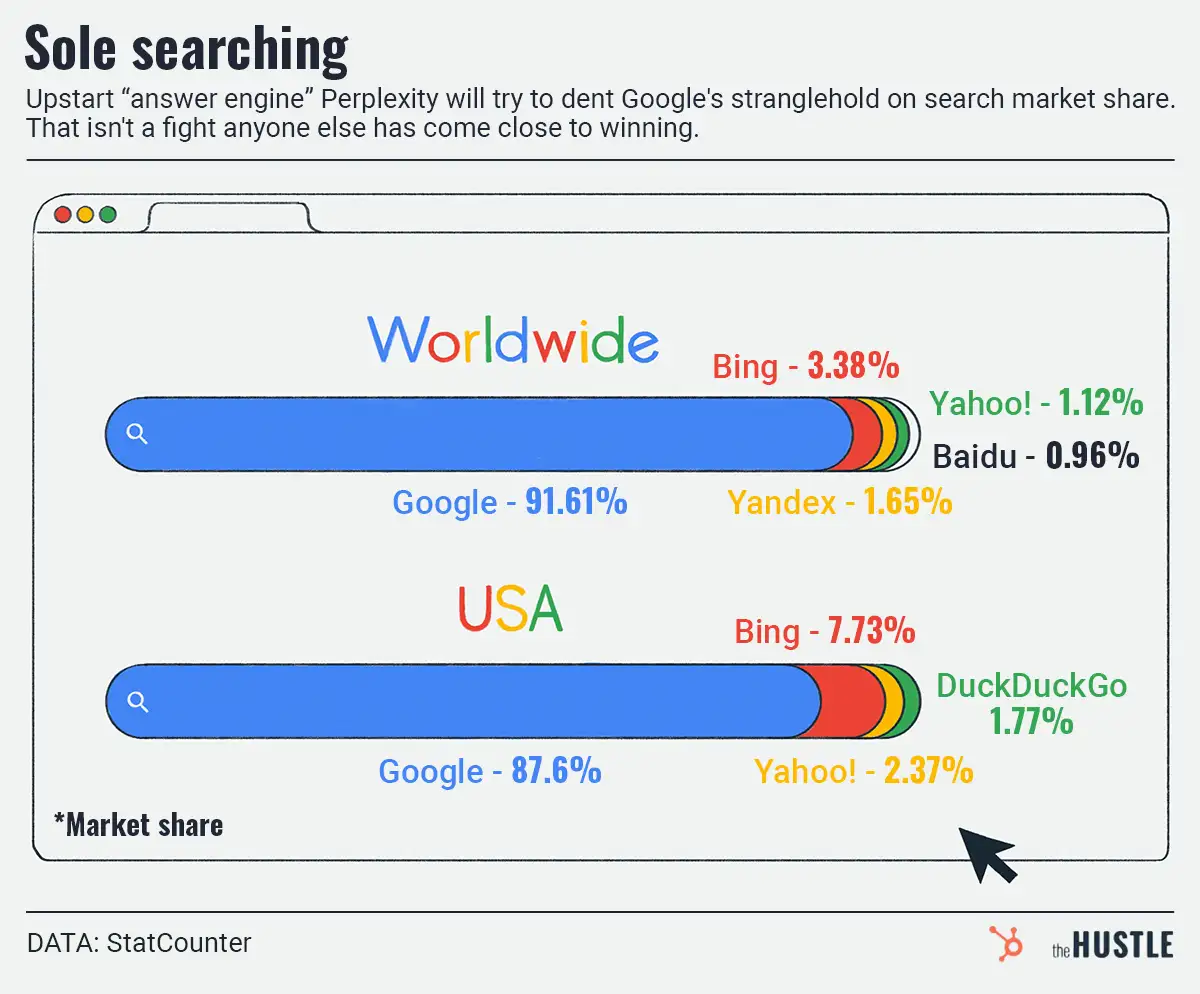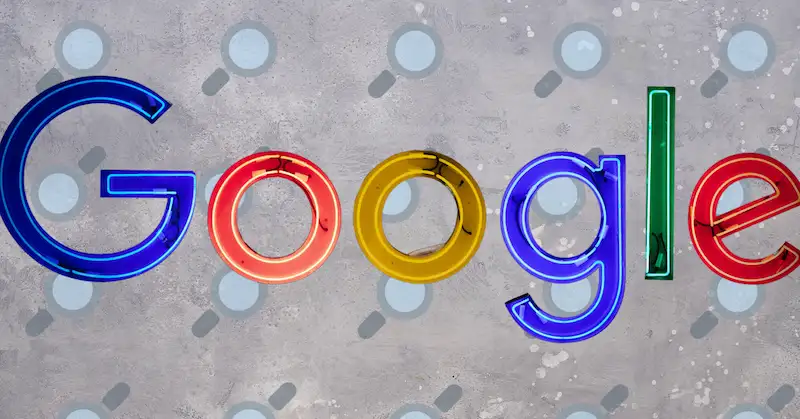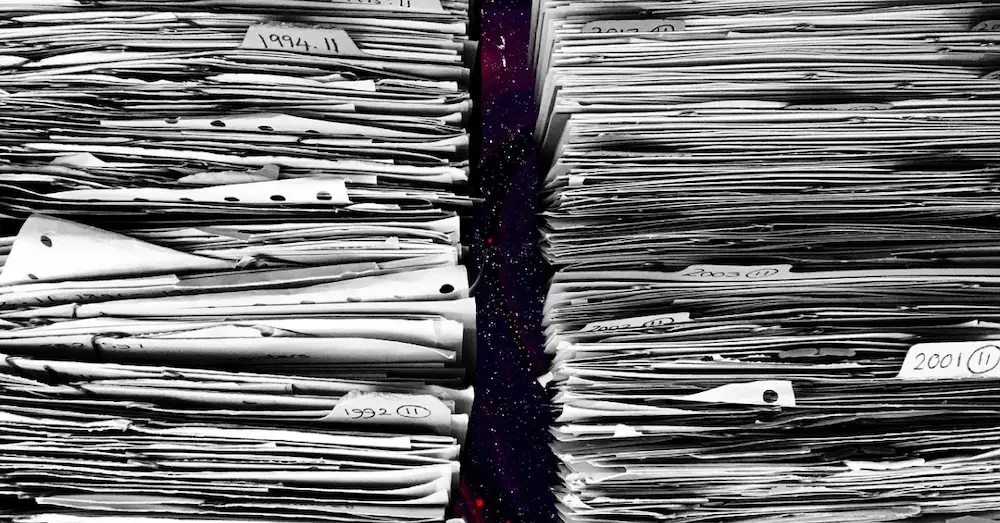Denis Diderot, 18th-century editor of the French Encyclopédie, spent 26 years working to “assemble all the knowledge scattered over the face of the Earth,” The Economist reports.

Wikipedia — celebrating its 20th birthday on January 15th — would’ve made that dude’s life much easier.
Though despised by teachers everywhere, the free encyclopedia site hosts more than 55m articles and is visited ~22B times each month, up from 18B in 2016.
Wikipedia reached this point organically…
… no VCs or programmatic ads necessary. After starting as Nupedia — an online encyclopedia that published fewer than 24 articles in its first year — Jimmy Wales and Larry Sanger launched open-sourced Wikipedia to speed up the process.
Per The Economist, people felt liberated and enlightened using the platform. In its first year, Wikipedia hosted 20k articles in 18 languages. Today, Wikipedia is the 13th most popular website.
One 2018 Harvard study found US consumers place a median value of $150 per year on free-to-use Wikipedia, which “translates into roughly $42 billion in consumer surplus that isn’t reflected in the U.S. GDP.”
Now, even Google uses it to find answers
For years, Wikipedia was treated as an intellectual joke, and the site itself still warns that “Wikipedia is not a reliable source.” But studies show it is reliable — and it’s become a ubiquitous tool across the web:
- YouTube and Facebook use it to flag conspiracy videos and source news stories.
- Amazon, Apple, and Google use it so Alexa, Siri, and Search can answer questions.
- WHO is working with Wikipedia to fight the COVID-19 “infodemic.”
One reason they feel comfortable using it: Wikipedia’s page about the “Neutral Point of View” is ~4.5k words long.
This widespread popularity points to a bright future
Because Wikipedia is free of ads, it operates through donations (and Jimmy won’t stop reminding you about it).
This nonprofit structure has proven successful. Wikipedia’s parent organization reported raising $122m in 2019, up 18% YoY.
Plus, it’s quite literally living up to its goal of making a “widely accessible encyclopedia.” In April 2019, an Israeli lunar lander crashed on the moon while carrying nickel plates engraved with nearly all of English Wikipedia.
Experts say the plates likely survived, upsetting teachers everywhere.










